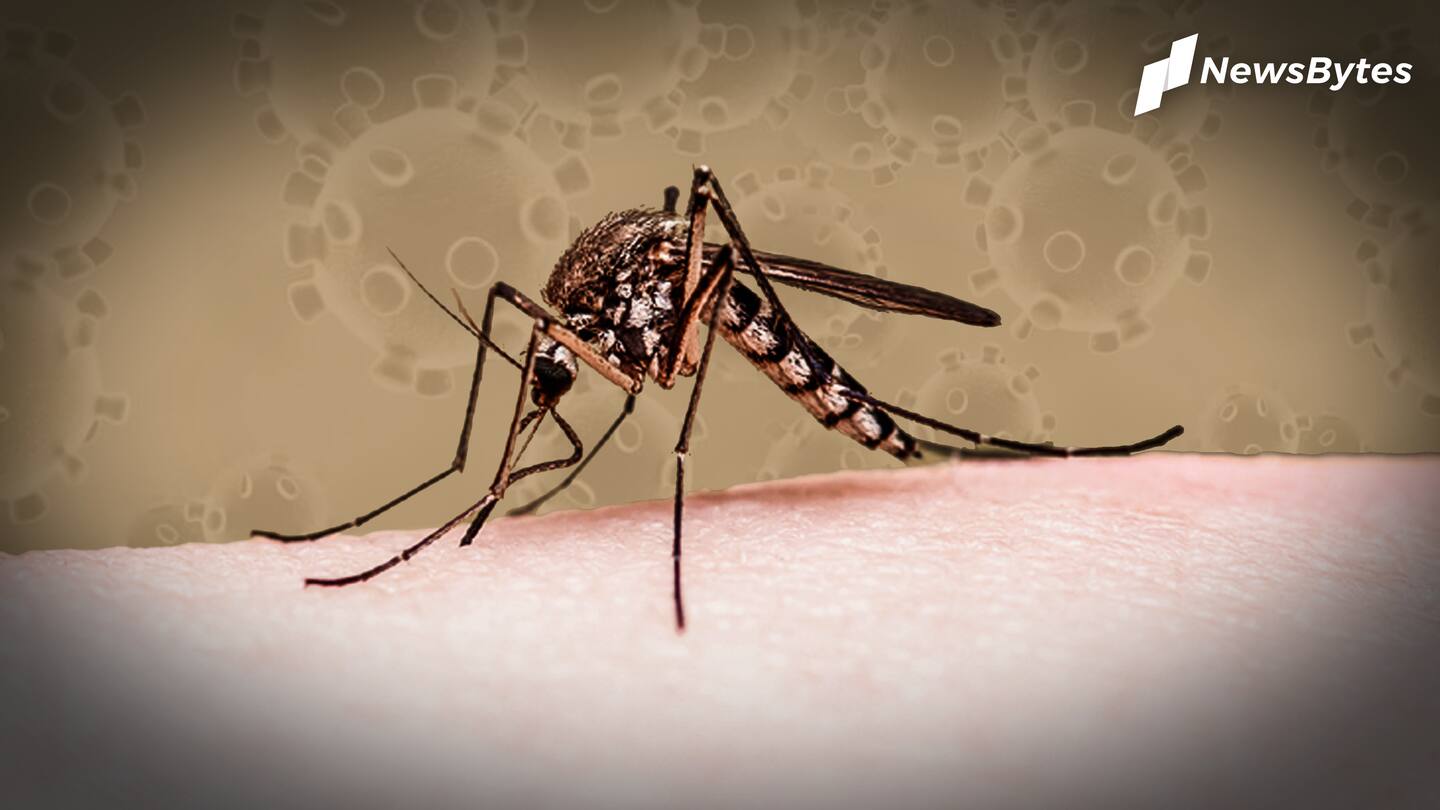
Cat Que: Another virus from China, ICMR raises alarm
What's the story
Another virus from China could be making its way into India, the Indian Council of Medical Research (ICMR) has warned.
The pathogen is called the "cat que virus" (CQV), and according to a research conducted by the council's National Institute of Virology, it has the potential to spread easily in our country, causing various health problems for the public.
Here is all about it.
Virus
So, what exactly is cat que virus?
Falling under the category of Arthropod-borne viruses, cat que virus is found in Culex mosquitoes and pigs and has been largely reported in China and Vietnam.
If the pathogen reaches humans through either of these species, it can cause health issues like febrile illnesses (high fever), meningitis (inflammation of the meninges), and paediatric encephalitis (inflammation of the brain).
Study
Study to understand the spread in India
Given that the similar species of Culex mosquitoes have also been spreading in India, scientists at NIV conducted a study to understand the replication kinetics of this virus in the country.
As part of this, they developed serological and molecular diagnostic assays for CQV and tested samples from humans, three different species of mosquitoes, and pigs in India.
Results
Two human samples had CQV antibodies
During the tests, the team did not find an active CQV infection in the human samples.
However, they did discover antibodies for the pathogen in two of 883 human serum samples, which indicated that those people had recovered from CQV infection sometime in the past.
Antibodies, as many know, are produced by the human immune system to identify and neutralize foreign objects like viruses/bacteria.
Mosquito
Three mosquito species showed replication ability
As for the behavior of the virus in Indian mosquitoes, the team found that all three species they studied through virus susceptibility and replication kinetics experiments supported the multiplication of cat que by intrathoracic as well as artificial membrane/oral feeding routes.
The species, as the scientists identified, were Aedes aegypti, Culex quinquefasciatus, and Cx. tritaeniorhynchus.
Threat
On this basis, CQV is deemed a threat to India
In light of these findings, the team has suggested that CQV could spread through certain infected mosquitoes in India.
"Anti-CQV IgG antibody positivity in human serum samples tested and the replication capability of CQV in mosquitoes indicated a possible disease-causing potential of CQV in Indian scenario," the scientists said in the study published in the Indian Journal of Medical Research.
Data
More tests needed to understand spread
That said, the researchers say they would need more data from serum samples to get a better understanding of cat que virus's spread within the Indian population and prepare effective response measures.
"Screening of more human and swine serum samples using these assays is required as a proactive measure for understanding the prevalence of this neglected tropical virus," they wrote in the study.